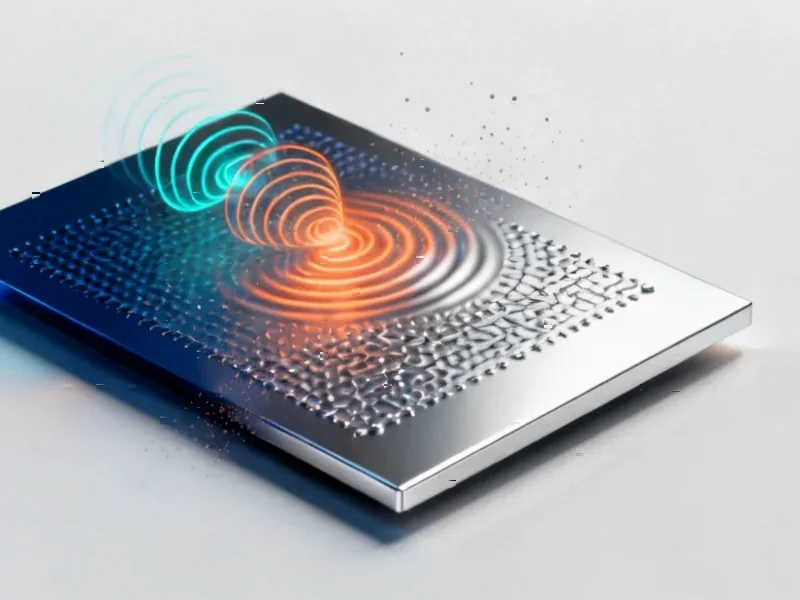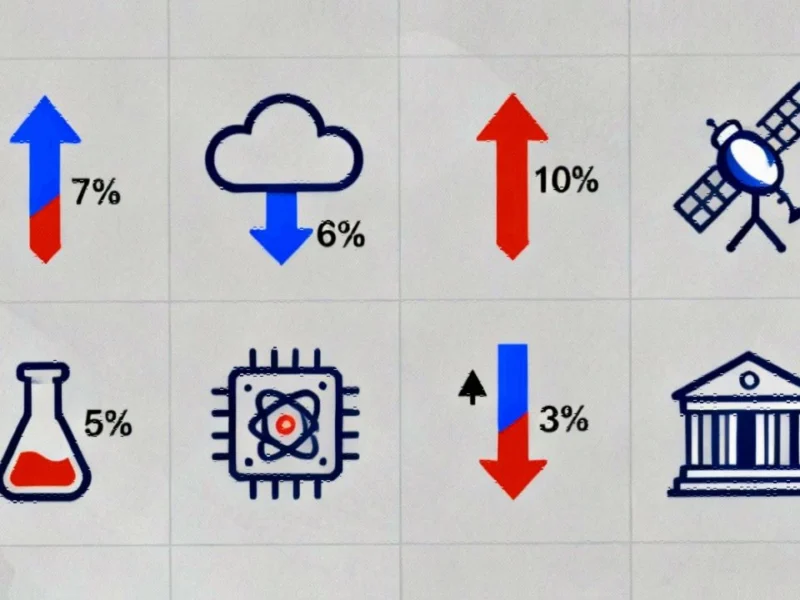Google has announced a breakthrough quantum computing achievement that reportedly outperforms classical supercomputers by a factor of 13,000. The company’s new Quantum Echoes algorithm completed a complex simulation in just two hours that would have taken conventional systems approximately 3.2 years, according to research published in Nature.
Quantum Computing Milestone Reached
Google Quantum AI researchers have reportedly achieved what sources indicate is the first “verifiable quantum advantage” using a revolutionary new algorithm called Quantum Echoes. The breakthrough, detailed in a recent Nature publication, demonstrates a measurable computing superiority over conventional supercomputers that analysts suggest could represent a significant step toward practical quantum computing applications.









